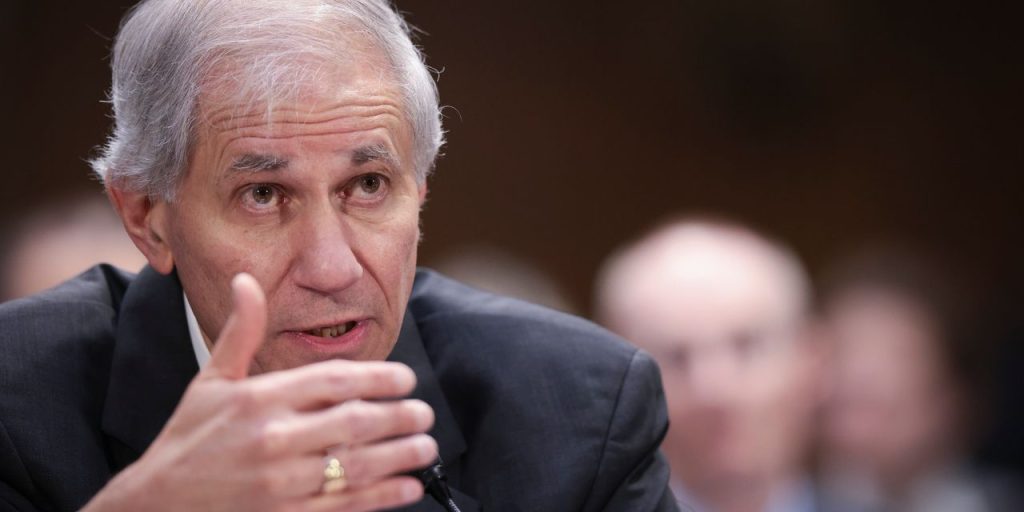The Federal Deposit Insurance Corporation proposed Thursday levying a special assessment on big banks with high levels of uninsured deposits to replenish the U.S. deposit insurance fund following the failure of Silicon Valley Bank and Signature Bank last month.
The assessment would impact the largest 113 U.S. banking organizations, and banks with more than $50 billion in assets would foot more than 95% of the bill, the FDIC said.
“Defining the assessment base in this way would effectively exclude most small
banks from the special assessment,” FDIC Chairman Martin Gruenberg said in a statement, noting that the law requires the FDIC to take into account which institutions benefit from an intervention when proposing a special assessment.
“In general, large banks with large amounts of uninsured deposits benefitted the most from the systemic risk determination,” he added.
The FDIC estimates that the bailout of uninsured depositors at the two institutions cost the insurance fund $15.8 billion, and the special assessment is aimed at recouping that amount over a two-year period beginning in June 2024.
That’s down from the more than $20 billion the FDIC had initially estimated following the sale of many SVB assets to First Citizens Bancshares Inc.
FCNCA,
after market developments increased the value of SVB’s securities portfolio.
Read more: First Citizens reports $9.5 billion profit on Silicon Valley Bank acquisition
Banks would be charged a fee of 0.125% annually on all uninsured deposits above $5 billion, with the payments spread out in eight quarterly installments, a structure meant to promote the maintenance of liquidity in the banking system.
Accounting rules would require affected banks to recognize the cost as a one-time payment, and on average that would lead to affected banks taking a one-quarter reduction in income of 17.5%, according to the FDIC.
The FDIC board voted 3-2 to issue the proposal, with the body’s two Republican members voting against it. The public has 60 days to comment on the plan before the board can vote to adopt it.
The decision comes after smaller banks lobbied hard to exempt themselves from new fees that they say are needed to cover up the failures of much larger institutions.
“Community banks or smaller banks shouldn’t be forced to pay for the misdeeds of larger banks,” Rebeca Romero Rainey, president and CEO of the Independent Community Bankers of America, told MarketWatch last month.
Regional bank stocks
KRX,
KRE,
remained under pressure in Thursday trading, led by PacWest Bancorp
PACW,
after the company disclosed a 9.5% decline in deposits that took place last week.
Read the full article here
